Six days after Pakistan blocked Indian flights from its airspace, India has responded in kind by taking a similar move. India has issued a NOTAM (Notice to Airmen) on Wednesday (April 30), closing its airspace for Pakistan-operated aircraft, airlines and military flights.
The decision goes into effect on April 30 and the ban will remain in place till May 23. It is to be noted that Pakistani airlines had already started avoiding Indian airspace due to concerns of an impending reciprocal action.
After India’s move, Pakistani airlines flying eastward will now have to take longer routes via China in the north or Sri Lanka in the south.
This follows rising tensions after a terror attack in Jammu and Kashmir’s Pahalgam, where 26 tourists were killed by terrorists. The attack specifically targeted Hindu men and happened shortly after a provocative speech by Pakistan’s army chief, General Asim Munir.
The Pakistan government earlier on Wesdnesday claimed it had ‘credible intelligence’ that India was going to launch a military action across the Line of Control (LoC), further fuelling tensions in the region.
Other tit-for-tat moves
India stopped giving visas to people from Pakistan, and Pakistan did the same for Indians. Both countries told their diplomats and citizens in the other country to go back home before April 30th.
India has also held the Indus Water Treaty in abeyance following the attack. This agreement has been in place since 1960 and is usually seen as a positive example of how the two countries can work together, even though they often disagree.
The treaty decides how the water from the huge Indus River system is shared. This water is very important for the lives of many millions of people in Pakistan and northern India. The Indus River starts in Tibet and flows through China and India’s Kashmir before it reaches Pakistan.
Pakistan has said that if anyone tries to block or change the flow of water that belongs to them, it will be seen as an act of war.
International response to Indo-Pak tensions
United Nations Secretary-General Antonio Guterres has urged both India and Pakistan to avoid any confrontation that could lead to “tragic consequences.” In separate phone calls with both nations, Guterres emphasised restraint and dialogue.
The United States echoed this message, with Secretary of State Marco Rubio expected to speak soon with his Indian and Pakistani counterparts to help de-escalate the situation.
Meanwhile, Britain has called for calm among its Indian and Pakistani communities and has issued a travel advisory urging citizens to avoid all travel to Jammu and Kashmir, except for essential cases.


)
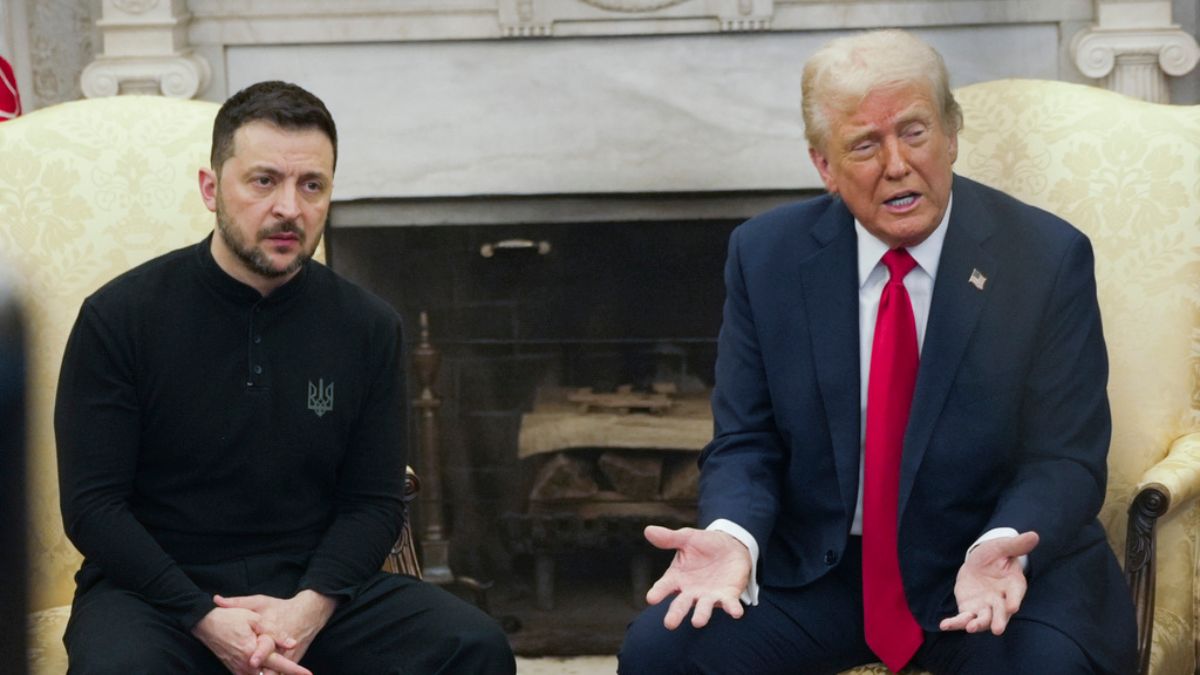)
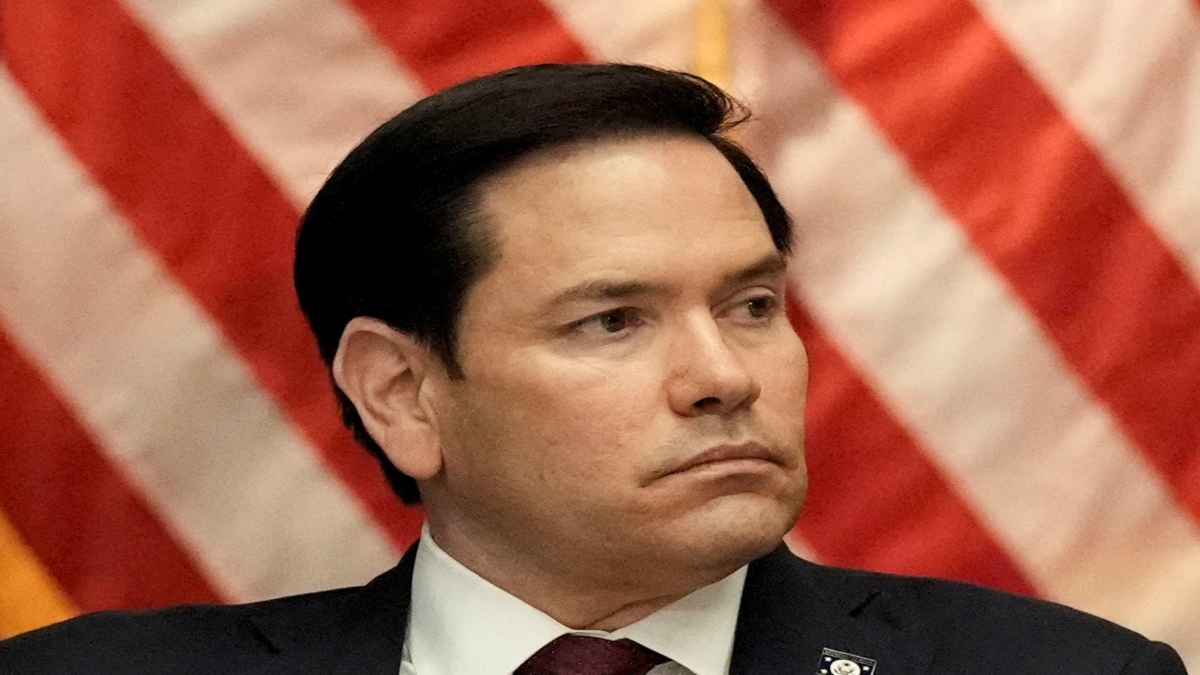)
)
)
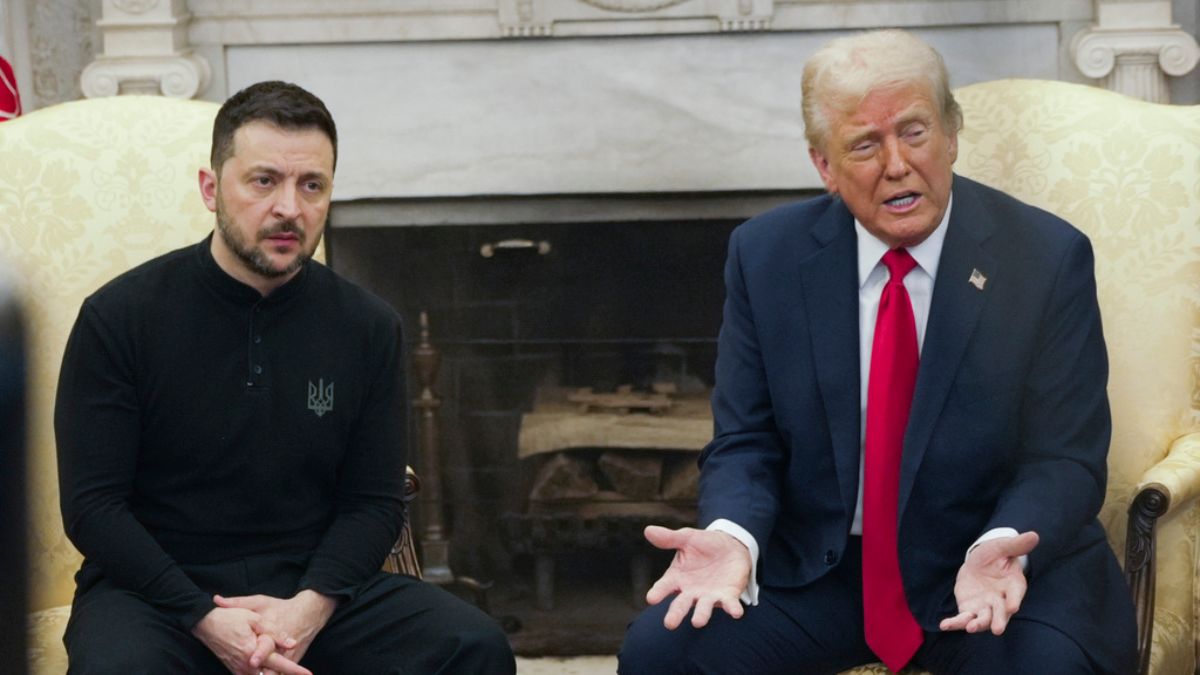)
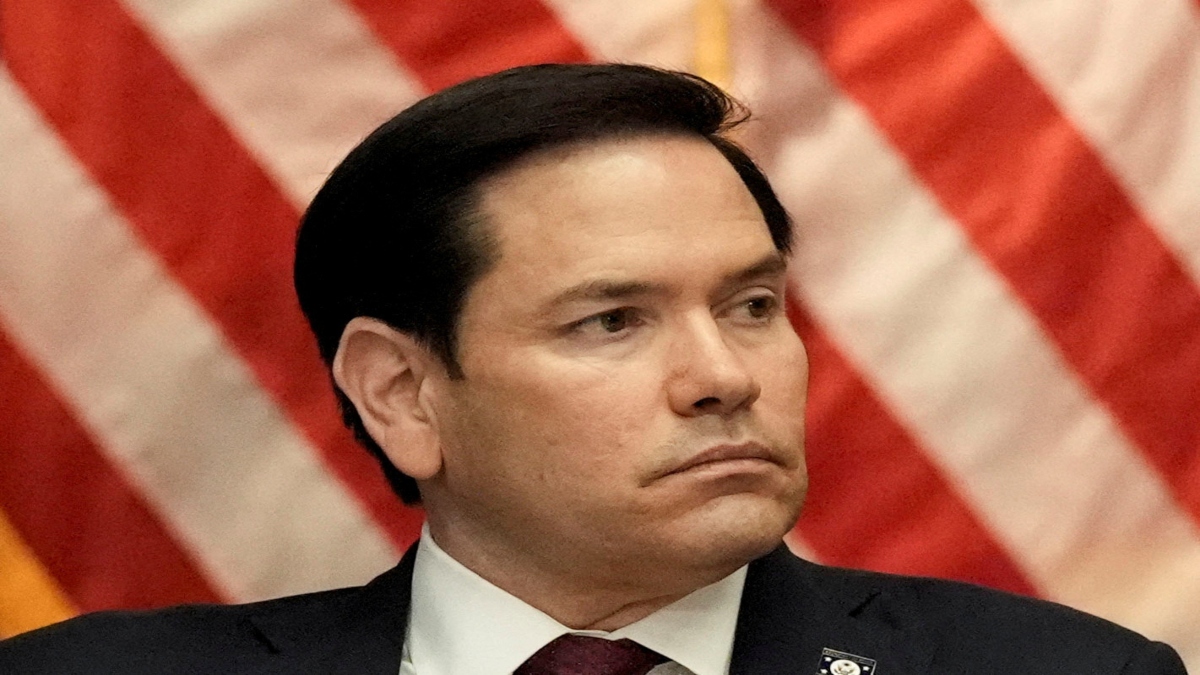)
)
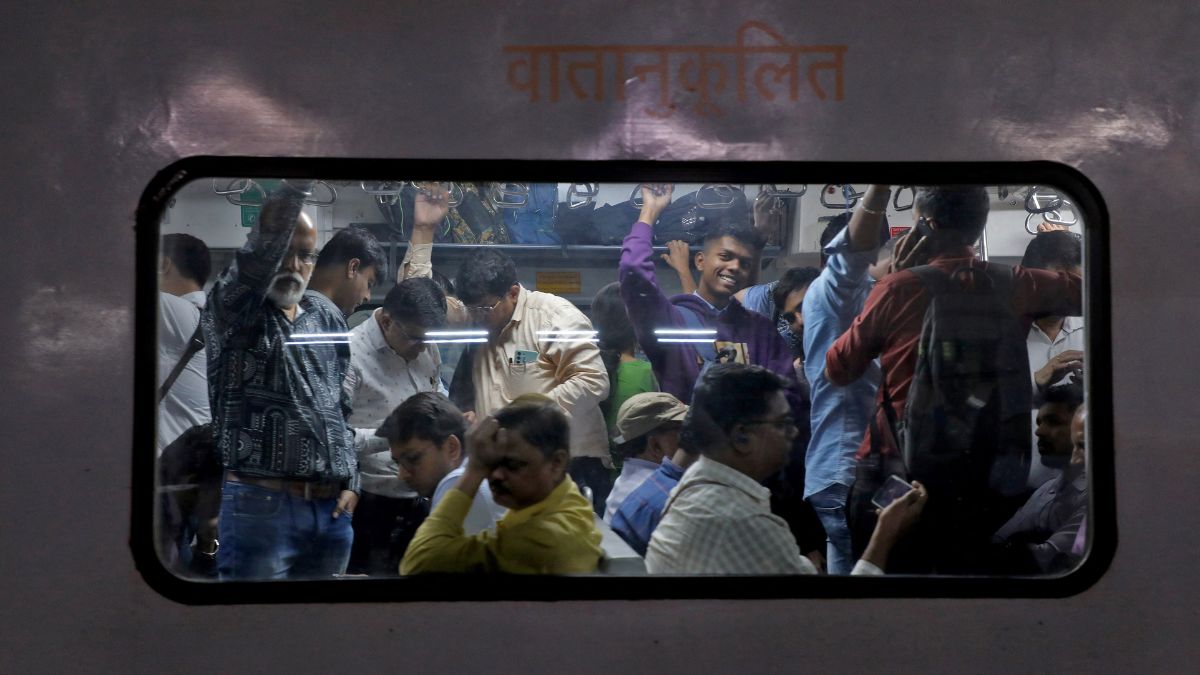)